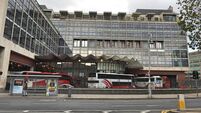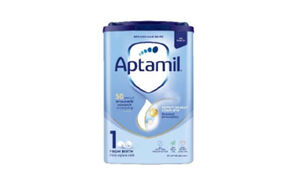Nice Treaty could be held mid-October
Foreign Minister Brian Cowen said the Government would try to accommodate this wish when he attended an informal meeting of fellow EU ministers in the Danish town of Elsinore yesterday.
Pressure on Ireland to vote yes to the Nice Treaty and allow EU enlargement go ahead intensified as the ministers met to finalise plans to allow ten new countries to join.












